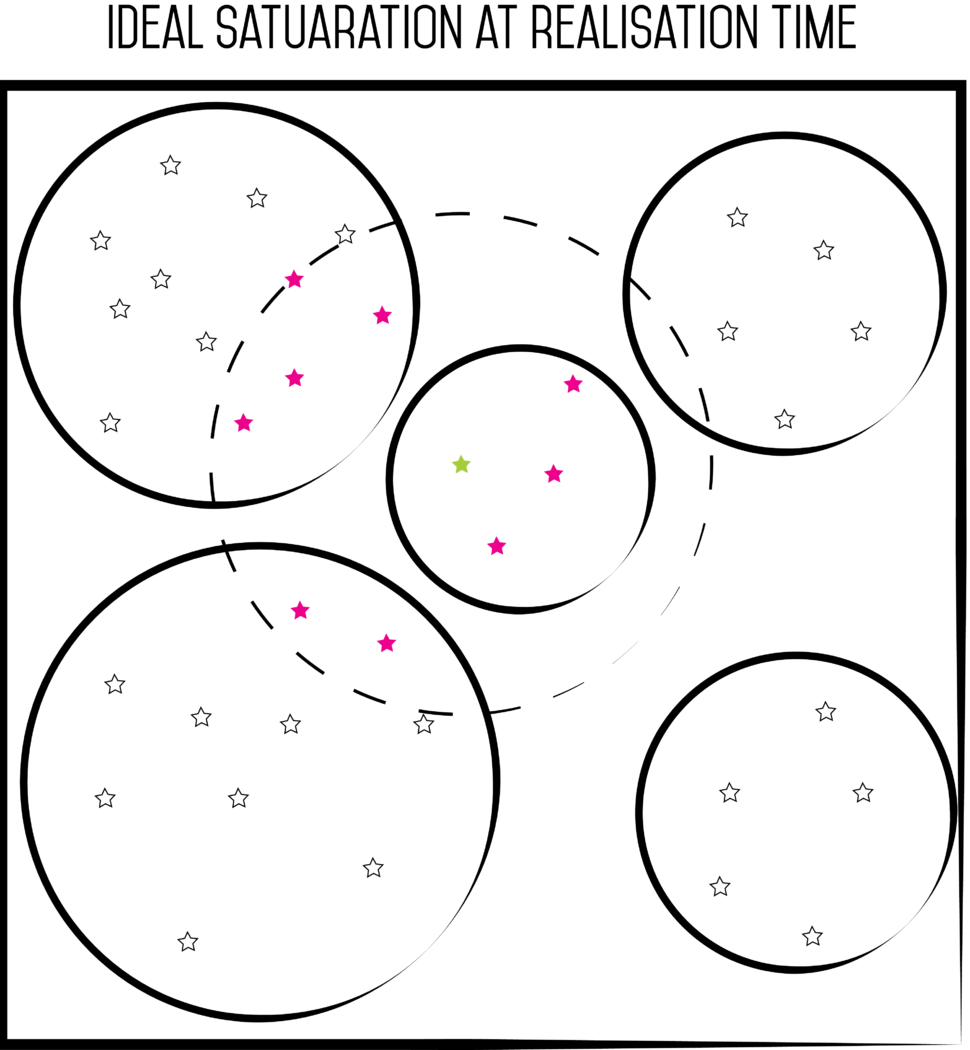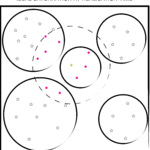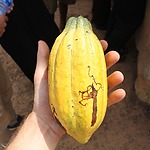Our findings of the past three months gave us a lot of insights of the cocoa market in Ghana. From here, several BMCs and a pilot have been developed that need to be tested in reality. Farmerline is the perfect organisation to roll out these cases. It gives them an opportunity to expand their businesses to the cocoa industry.
The introduction meetings with the LBCs and Cocobod showed that there is much interest in the services of Farmerline. Further meetings with those institutions are a necessity to fully take advantage of the potential of this collaboration. As we only have spoken to the cocoa farmers of Adwumapa, it would be very useful to speak with farmers from other LBCs. Our view of cocoa farmers is based only on one particular group. A wider scope is essential if Farmerline wants to specifically build services for these potential clients.
As mentioned in the impact chapter, the farmers mostly care about the short term, while the minor group introduced them how long term thinking can be more effective. To achieve this, there must be done regular checking on the cocoa farmers to see how much progress they make. A long-term vision can only be carried over if the teaching partner puts its effort in the other for an extensive period of time. When we arrived in Ghana, the project was different from what we had expected. To prevent this matter next time, it is important to communicate more often with the direct supervisors in Ghana. Also having a clear problem definition and speak about each other’s expectations for the internship.
While we stayed close to the office of Farmerline that is based in Kumasi, our direct supervisor Worlali is based in Accra. More clarity about the expectations of the minor group gives them more information to make a better choice regarding their whereabouts. It would have helped to have an (extra) supervisor in Kumasi, also scheduled weekly meetings would have helped with keeping each other up-to-date.


